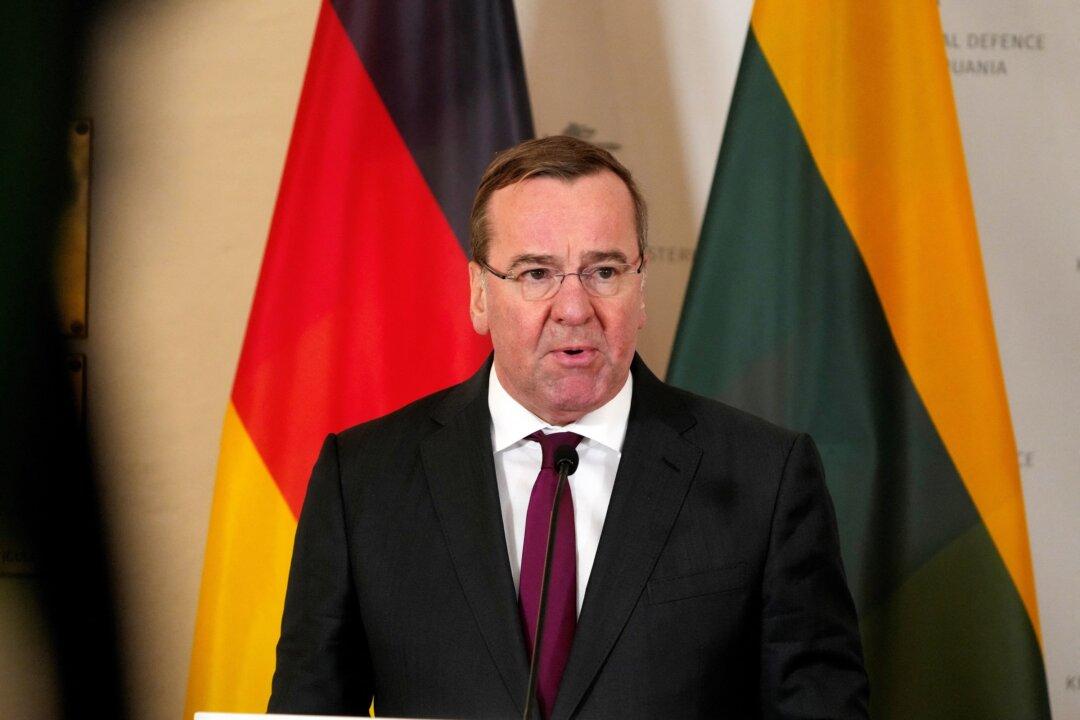Berlin has accused Moscow of waging an “information war” following the release of an audio recording in which German military officials discuss sensitive issues about Ukraine, including potential strikes inside Russian territory.
“This hybrid attack [by Russia] aims to generate insecurity and divide us,” a German government spokesman said on March 4.





